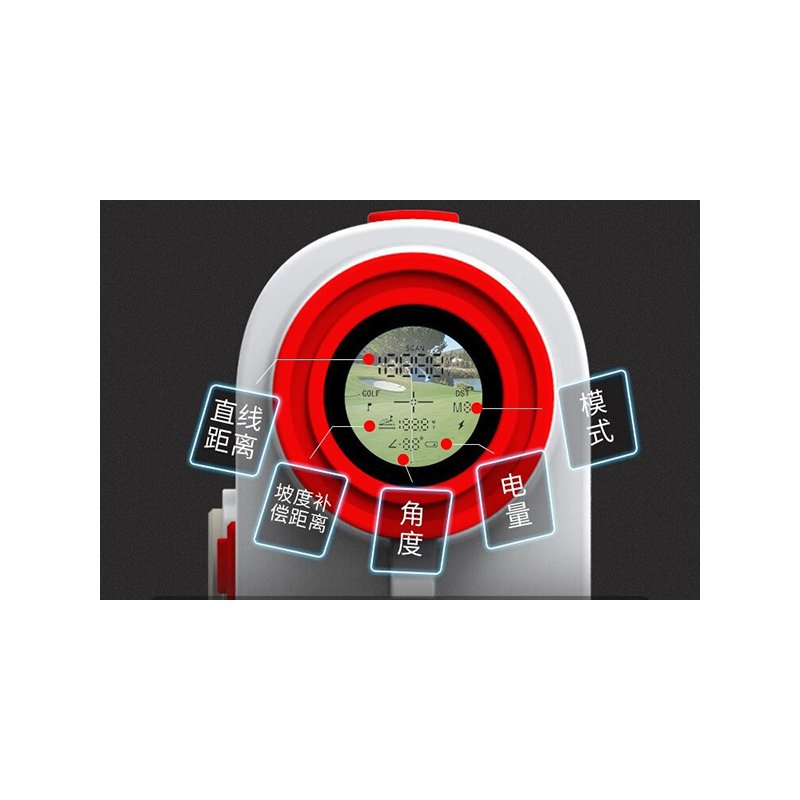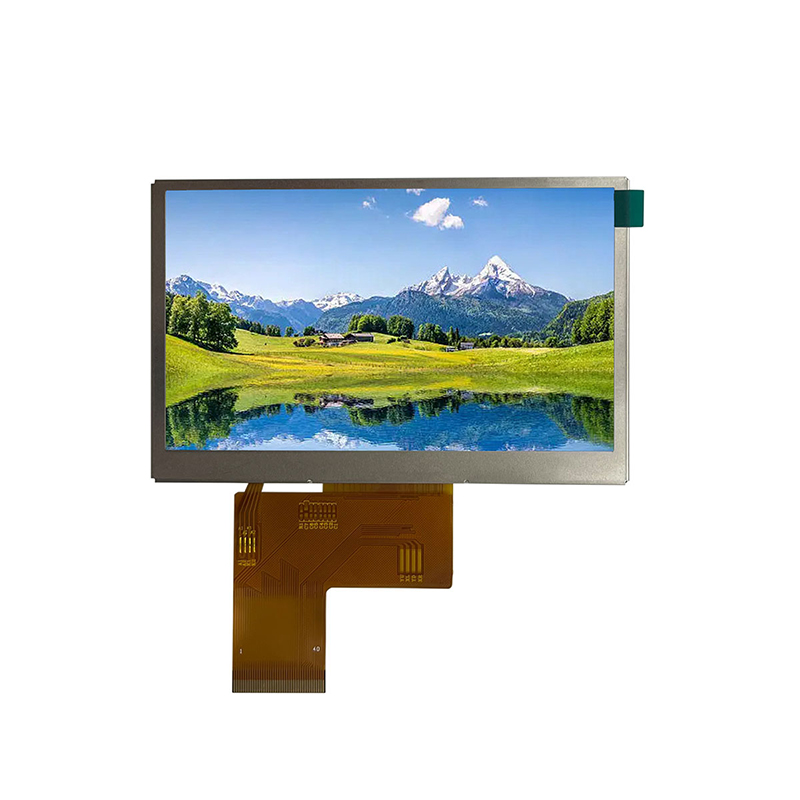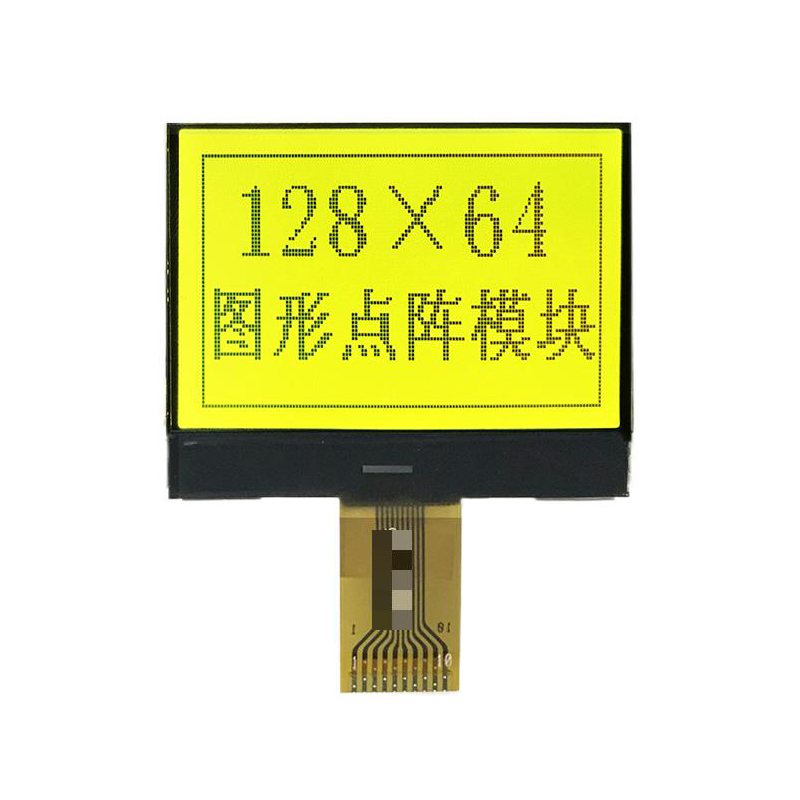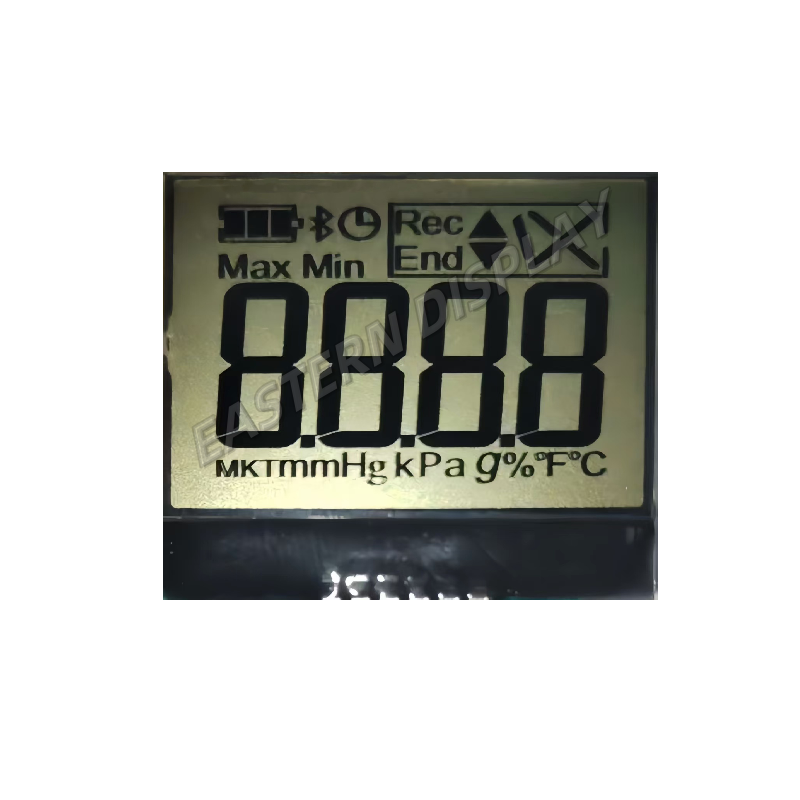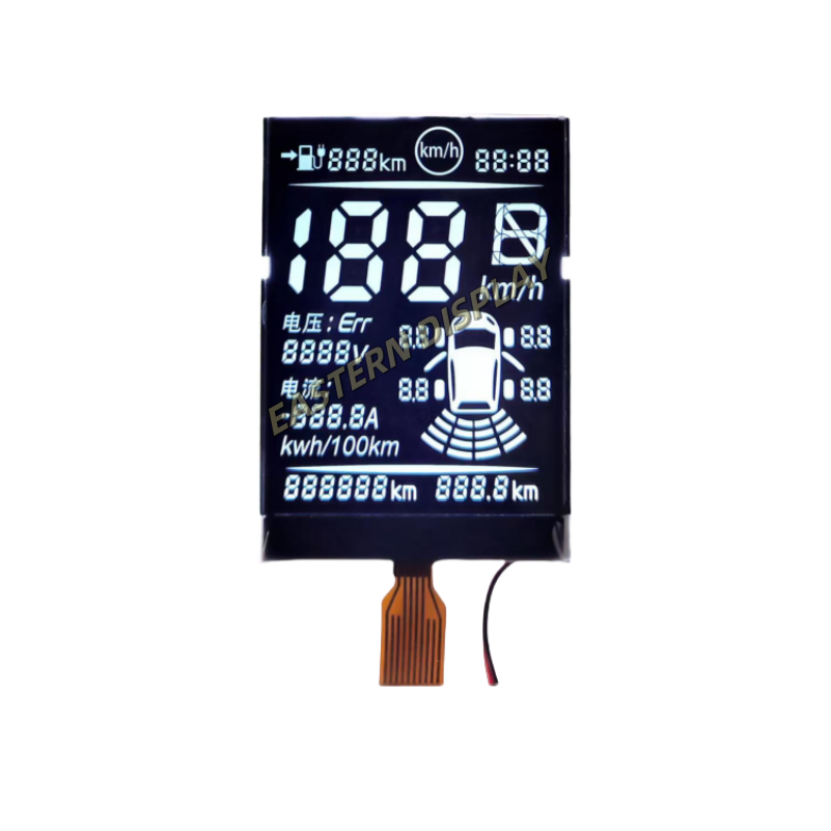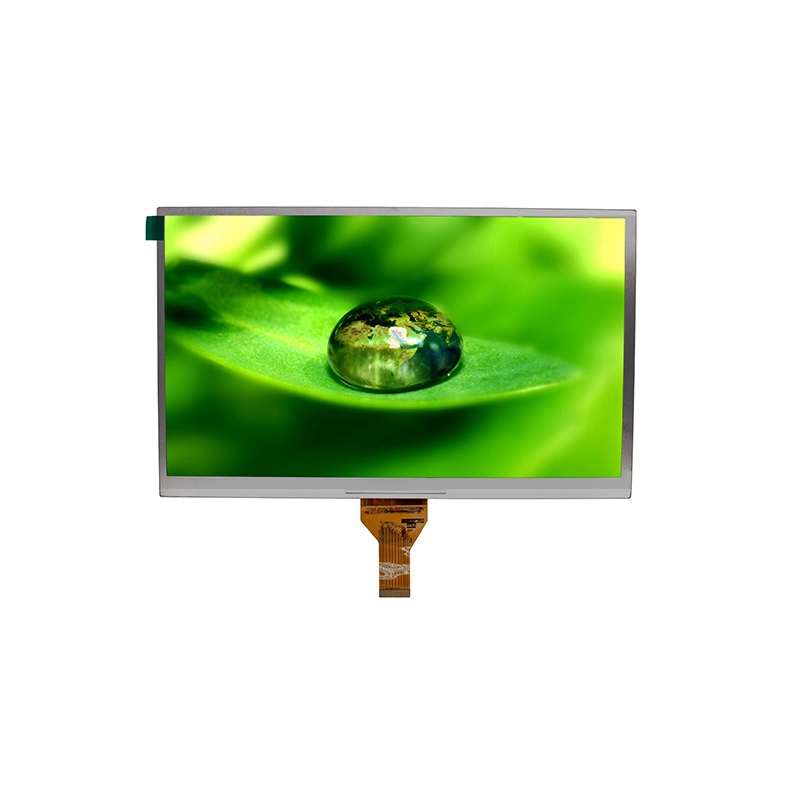
This guide provides a comprehensive overview of the best dot matrix display modules available on the market today. We'll explore various types, key features to consider, and help you choose the perfect module for your specific application. Discover factors like size, resolution, interface, and brightness to make an informed decision.
A dot matrix display is a type of electronic display that uses a matrix of dots to create alphanumeric characters and images. These dots, typically LEDs or LCDs, are arranged in rows and columns, allowing for flexible text and graphic representation. The resolution and brightness vary significantly depending on the module’s specifications.
Several types of dot matrix display modules exist, each with its advantages and disadvantages. Common types include:
The choice between LED and LCD depends largely on the application’s requirements. For example, an outdoor signage application would benefit from the higher brightness of an LED dot matrix display module, while an indoor application might prioritize the lower power consumption of an LCD module.
Resolution, measured in dots (pixels), determines the clarity of the displayed information. Higher resolution results in sharper text and images. Size refers to the physical dimensions of the display area. The appropriate resolution and size depend on the intended application and viewing distance.
Brightness, measured in candelas per square meter (cd/m2), impacts the display's visibility in different lighting conditions. High brightness is crucial for outdoor applications. Contrast ratio signifies the difference between the brightest and darkest pixels, affecting image clarity and readability.
Dot matrix display modules use various interfaces to communicate with the controlling microcontroller. Common interfaces include SPI, I2C, and parallel interfaces. The choice depends on the microcontroller's capabilities and the desired communication speed. Understanding the module's control signals and protocols is essential for proper integration.
Power consumption is a critical factor, especially for battery-powered applications. LED displays generally consume more power than LCD displays. Checking the module's specifications for operating voltage and current draw is vital for power management.
The operating temperature range specifies the temperature limits under which the module functions reliably. Ensure that the chosen module can withstand the temperature variations of its intended environment.
Choosing the ideal dot matrix display module involves carefully considering the factors discussed above. For example, a simple, low-resolution module might suffice for basic applications, while a high-resolution module with high brightness might be needed for complex displays in demanding environments. Always consult the datasheets and specifications provided by the manufacturer to ensure compatibility with your project requirements.
Several reputable manufacturers produce high-quality dot matrix display modules. Researching and comparing different manufacturers’ offerings based on price, specifications, and customer reviews is crucial. Many manufacturers offer customized solutions to meet specific application needs. Consider checking out leading suppliers in the industry for various options.
Selecting the best dot matrix display module requires careful consideration of various factors, including resolution, size, brightness, interface, and power consumption. By understanding these key features and thoroughly researching available options, you can choose a module that perfectly meets your application’s requirements and delivers optimal performance. Remember to always check the manufacturer's specifications for detailed information.
For high-quality and reliable dot matrix display modules, consider exploring the offerings at Dalian Eastern Display Co., Ltd. They offer a wide range of options to suit diverse needs.

